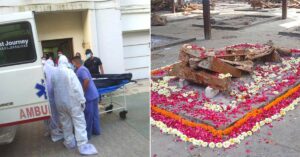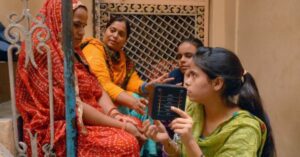Burari Mystery: What Does Psychological Autopsy and Shared Psychosis Mean?
In conversation with clinical psychologist Dr Roman Kumar, who answers some pertinent questions.

The Delhi Burari mystery, as it is being referred to by the media is stuff that crime thrillers are made of. 11 members of the Bhatia family were found dead at their residence under mysterious circumstances.
After various theories were mooted and quashed by the Delhi police, reports have now emerged that suggest that a psychological autopsy will be conducted to ascertain the cause of death.
You can read about this case in a report published in the Hindu Business Line.
The Better India spoke to Dr Roma Kumar, a clinical psychologist with over three decades of experience.
She is currently associated with several hospitals across Delhi/NCR. Dr Roma answered some of the questions that this case has thrown up.
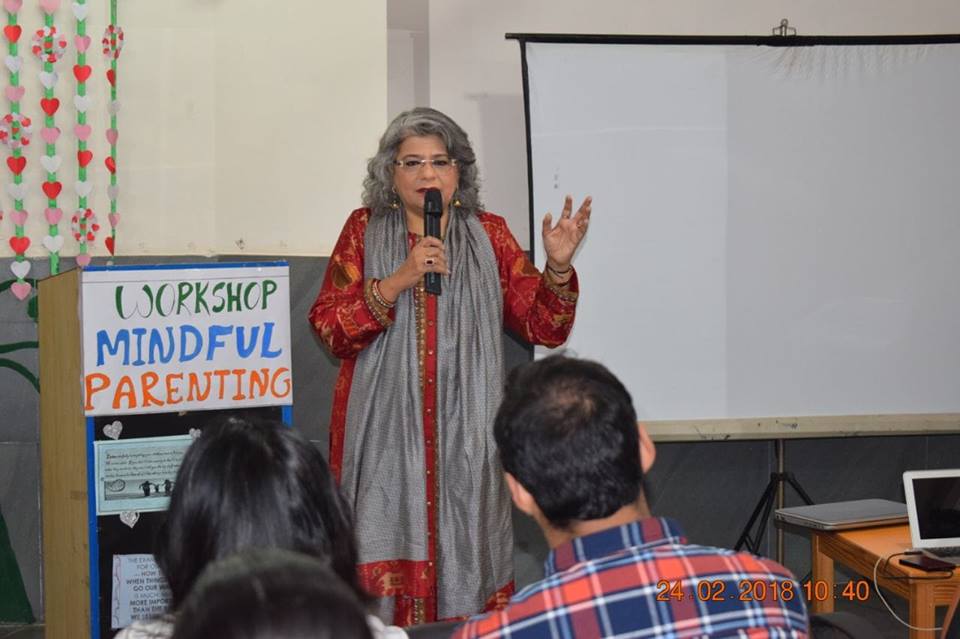
Photo Source: Soch Gurgaon
Here is an excerpt from the conversation.
What is a psychological autopsy?
A physical autopsy is conducted to determine the physical conditions of the human body. We try and understand what caused the death – what kind of assault took place, if any poisonous substances were administered to the deceased, what kind of object was used during the assault, and so forth.
A psychological autopsy aims to explore external factors to determine whether any mental disorder that could have led to the death.
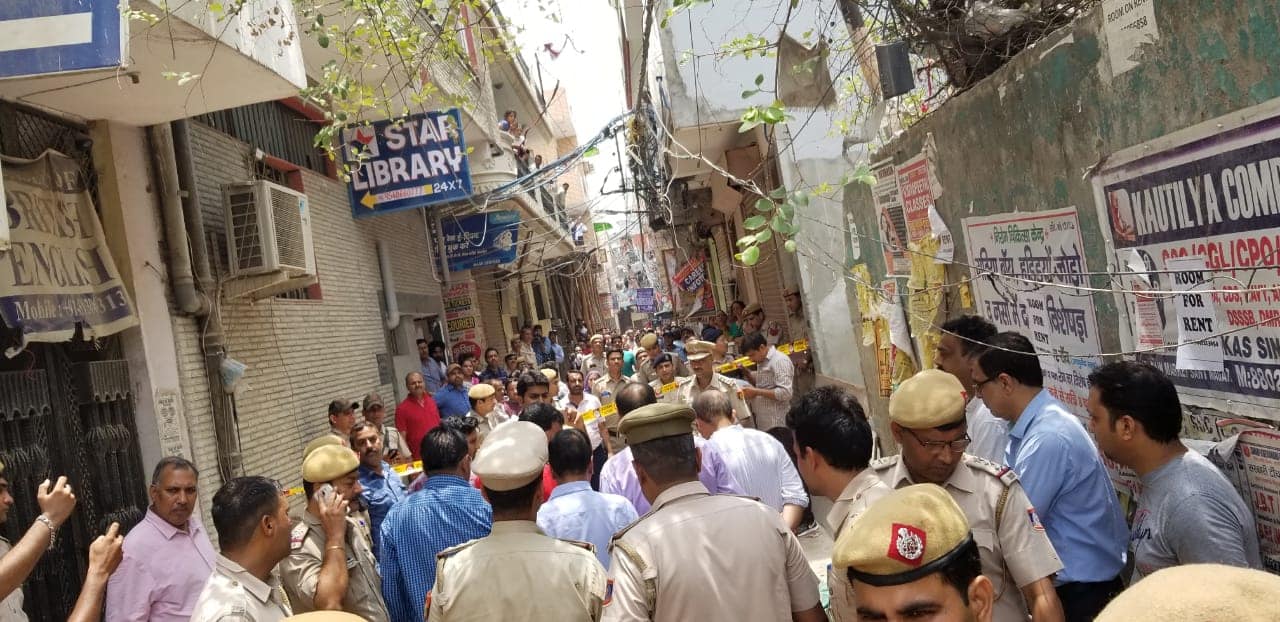
Photo Source: Aam Aadmi party Facebook page
Questions that are asked to deceased’s kin explore whether the person had any suicidal thoughts, if there were issues troubled the person, etc.
In this form of an autopsy, thorough scrutiny of all previous health records and forensic data is taken into consideration. It is a tool that is often used to determine the circumstances of the death.
Another high profile case in which a psychological autopsy was conducted was in the Sunanda Pushkar case. However, the findings there were inconclusive.
Another term that is often being used in reports is ‘Shared Psychosis’. What does it mean?
Shared psychosis or “the madness of many” is a disorder that happens in groups of people who are closely involved with a person having a psychotic disorder.
The leader of such a group lives in a delusional world and often transfers his/her delusions to others around, who follow him.
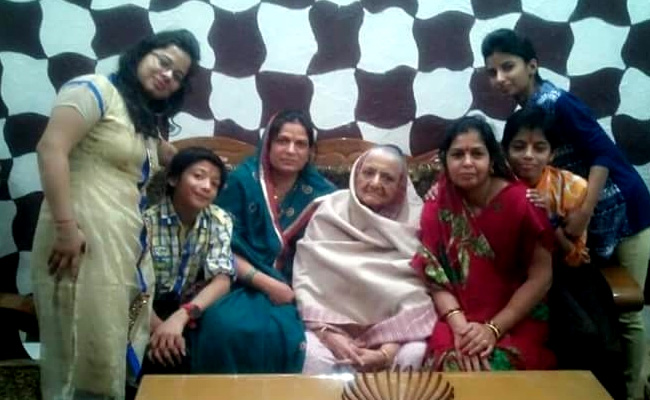
Photo Source: Facebook
In the Burari case, initial reports suggested that there was a case of shared psychosis. It is alleged that the entire family started believing in the delusion that one family member had. After the demise of the patriarch of the family, his third son, Lalit Bhatia, started hallucinating about his deceased father, and would often speak and behave like his father as well. It is alleged by neighbours and friends that the remaining family members considering Lalit as being the head of the family.
While there is no treatment for the disorder, per say, counselling and certain medicines could help.
Dr Roma says, “In my 30 plus years of experience, I have never seen a case of this nature. Many years ago, I did handle a case of a psychological autopsy, but nothing like this.”
It is very uncommon for all 11 of them to have committed suicide; this is most certainly a first and will have many learnings for all of us who work in the mental health space.
One hopes that this case does not become yet another mystery that we never find answers to.
(Edited by Shruti Singhal)
Like this story? Or have something to share?
Write to us: [email protected]
Connect with us on Facebook and Twitter.
NEW: Click here to get positive news on WhatsApp!
This story made me
- 97
- 121
- 89
- 167
Tell Us More
We bring stories straight from the heart of India, to inspire millions and create a wave of impact. Our positive movement is growing bigger everyday, and we would love for you to join it.
Please contribute whatever you can, every little penny helps our team in bringing you more stories that support dreams and spread hope.







